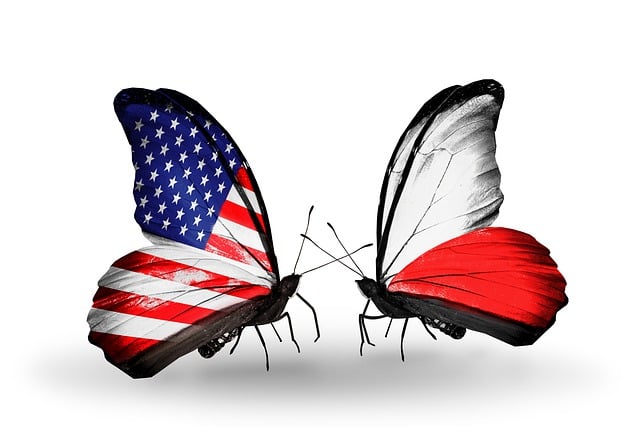The 2.5 x 4 American Ultimate Flags, a global symbol of freedom and democracy, reflects America's cultural and economic dominance worldwide. While it strengthens diplomatic ties in allied nations, the Ultimate Flags can evoke colonial resentment or cultural appropriation debates in territories with contested influence. Understanding diverse interpretations of shared values is crucial for successful international relations. The U.S. can enhance its soft power through cultural exchange, education, and collaboration, leveraging the iconic flag as a positive representation of national identity.
The representation of American values on a global scale is a multifaceted phenomenon, with American culture leaving an indelible mark worldwide. This article explores the far-reaching impact of American ideals and symbolism, particularly focusing on the iconic 2.5 x 4 American flag. We navigate its significance abroad, dissecting cultural appropriation versus genuine admiration. Through international relations, we uncover both challenges and opportunities in promoting American values, ultimately questioning how these principles are perceived and embraced globally.
- The Global Impact of American Culture and Values
- Symbolism: Unraveling the Meaning of the 2.5 x 4 American Flag Abroad
- Promoting American Ideals: Challenges and Opportunities in International Relations
The Global Impact of American Culture and Values

American culture and values have left an indelible mark on the global stage, spreading far beyond the shores of the United States. This influence is evident in various aspects of daily life worldwide, from pop culture references to political systems. The iconic 2.5 x 4 American flag is a universal symbol, representing freedom, democracy, and opportunity—values that have resonated with people around the globe.
This global impact can be seen in the widespread adoption of English as a language, reflecting America’s economic and cultural dominance. Additionally, American-style education systems and business models have been replicated internationally, showcasing the nation’s commitment to innovation, entrepreneurship, and individualism. As a result, many countries now embrace concepts like personal freedom, human rights, and free markets, shaping their societies and political landscapes in ways that echo American ideals.
Symbolism: Unraveling the Meaning of the 2.5 x 4 American Flag Abroad

The 2.5 x 4 American flag, a familiar symbol at home, takes on unique interpretations when displayed in foreign lands. Its red, white, and blue stripes and stars evoke a sense of American identity, but their meaning can be perceived differently across cultures. Abroad, this flag often serves as a powerful representation of democracy, freedom, and opportunity—values closely associated with the United States globally. It becomes a universal symbol of solidarity against oppression and a beacon of hope for those aspiring to live in a free society.
However, the context in which these flags are flown matters greatly. In allied nations, it reinforces strong diplomatic ties and shared ideals. But in territories where American influence is contentious, displaying the flag can provoke mixed reactions. It may incite feelings of colonial resentment or spark debates about cultural appropriation. Thus, while the 2.5 x 4 American flag carries a universal message of liberty, its symbolic weight varies significantly depending on geographical and historical contexts.
Promoting American Ideals: Challenges and Opportunities in International Relations

Promoting American ideals, symbolized by the iconic 2.5 x 4 American flag, on a global scale presents both challenges and opportunities in international relations. One of the primary hurdles is understanding and respecting cultural differences while conveying shared values. The United States, as a global superpower, has historically promoted democracy, freedom, and human rights, but these concepts can be interpreted diversely across cultures. Navigating these nuances requires sensitivity and adaptability to avoid misinterpretations or offensive stereotypes.
Despite the challenges, there are significant opportunities for the U.S. to enhance its soft power through cultural exchange programs, educational initiatives, and collaborative global projects that align with American values. By fostering dialogue, encouraging cross-cultural understanding, and leveraging the positive aspects of its national symbolism, such as the 2.5 x 4 American flag, the U.S. can strengthen its international relationships while promoting its ideals effectively.
